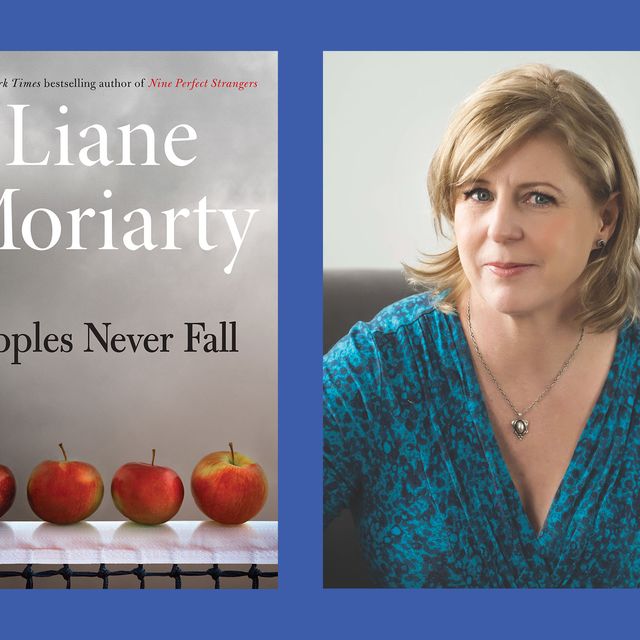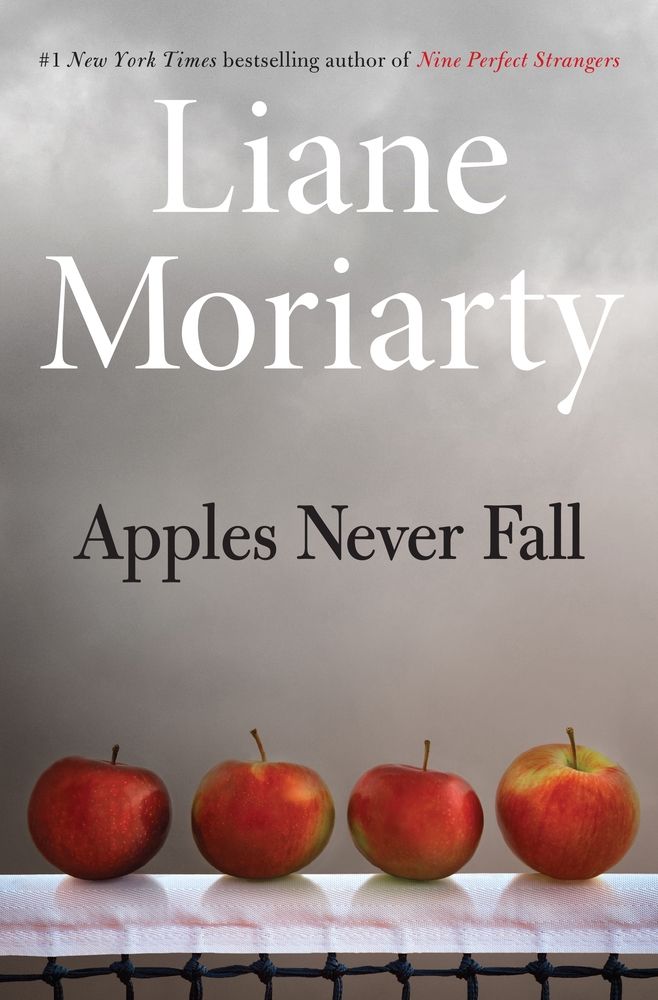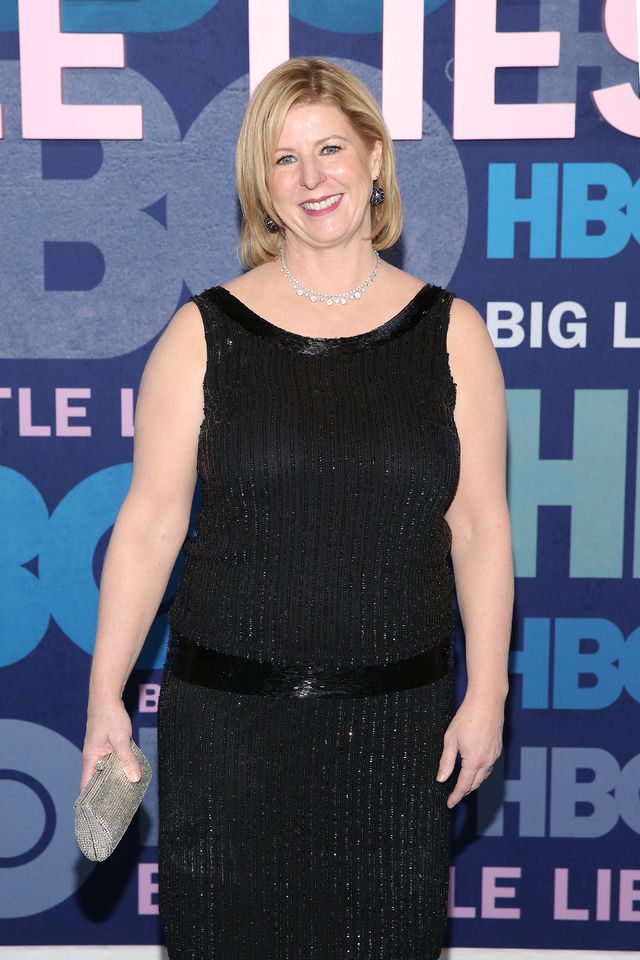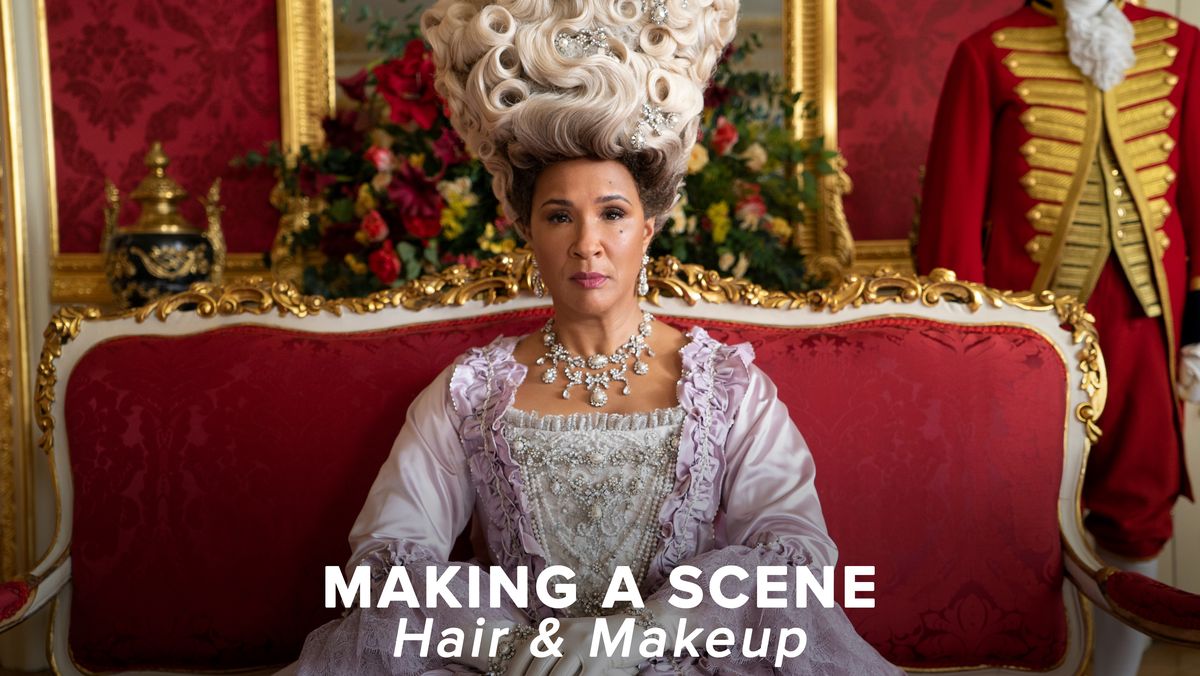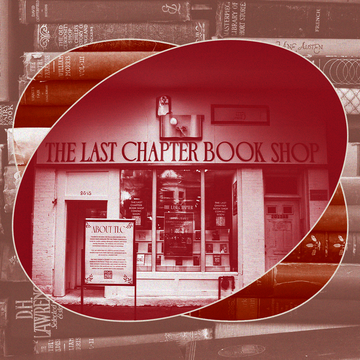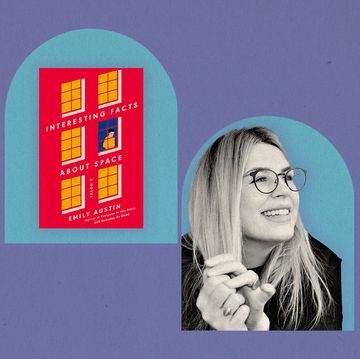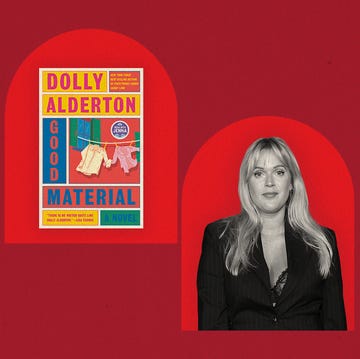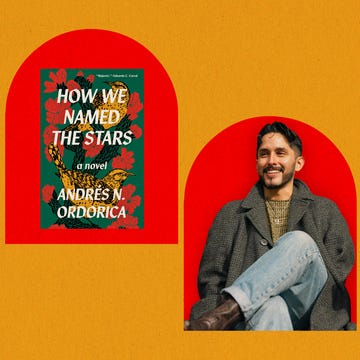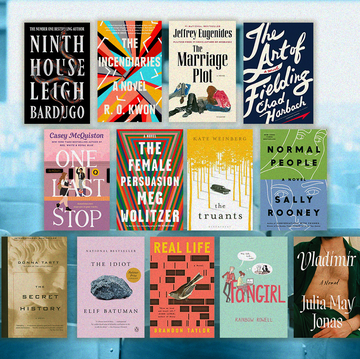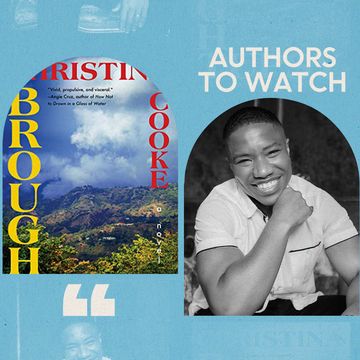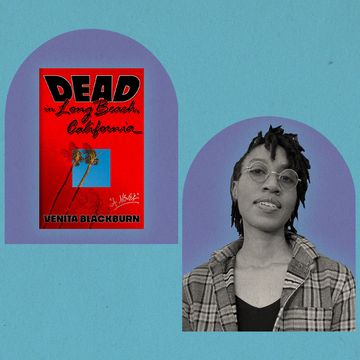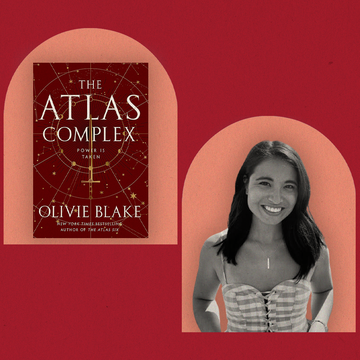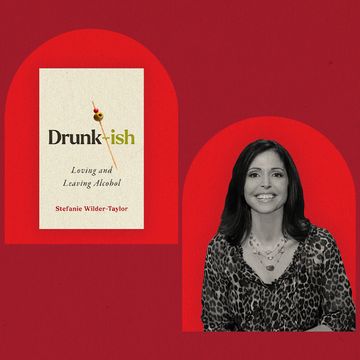Liane Moriarty’s books are known for their twists: the devoted father hiding a penchant for abuse, the innocent daughter taking the fall for her parents’ indiscretions, the revered wellness guru secretly on a mission to reconnect with her late daughter. Since the release of her first novel, Three Wishes, in 2003, the Australian author has earned a reputation for delivering the kind of gasp-inducing endings that make for frenzied book clubs or, in the case of Big Little Lies and Nine Perfect Strangers, must-see TV. While Moriarty’s talent for suspense could make Christopher Nolan jealous, she doesn’t view her books as thrillers — in fact, she’d prefer if you kept the word entirely out of the conversation.
“I don’t think of myself as a mystery writer, and I especially don’t like being called a writer of thrillers, because I think my books are definitely not thrilling enough,” the novelist says, speaking from Sydney, where she lives with her husband and two children. “I feel that I almost accidentally fell into that, first with The Husband’s Secret and then with Big Little Lies.”
Indeed, the success of those novels, plus more recent works like Truly Madly Guilty and Nine Perfect Strangers, has installed Moriarty securely in the genre’s hall of fame. Her latest release, September’s Apples Never Fall, is no different — 10 days after its debut, the book was holding steady in the top spot of Amazon’s “Thrillers & Suspense” best-sellers list. Moriarty knows that readers have come to expect shocking endings and unveiled secrets from her books, and Apples Never Fall, about a family coping with a member’s sudden disappearance, certainly delivers. But for the author, what happens at the tail end of her novels is far less interesting than the 400-odd pages leading up to them.
“My strength is my characters,” she says matter-of-factly. “It’s about the story. And the mystery’s just something that’s by the by.”
Some readers may disagree, of course — try talking to anyone who just watched the Hulu adaptation of Nine Perfect Strangers and tell them that the “what’s Masha’s secret?” question is irrelevant — but on this, Moriarty holds firm. It’s not that she doesn’t understand the appeal of the twists or recognize her readers’ wants — “I really feel that pressure,” she admits — but she can’t cater to them. If she did, she says, it’d make her a lesser writer.
“I have to be careful, because if I start listening to the voices of the ones who want the thrillers, then I think I’ll disappoint the people who actually do read my books for the characters,” she explains. “I have to just put those voices out of my head and just lose myself in the story.”
Luckily, that’s exactly what she did for Apples Never Fall, which hit stores on September 14. Following the various members of the Delaney family, a colorful band of current and former tennis players similar in their athletic builds and little else, the story takes readers through the months surrounding the unexplained absence of matriarch Joy. With evidence pointing to Joy’s husband, Stan, as the most likely suspect, the couple’s four adult children struggle to cope with the potential trauma while dealing with the complications of their own convoluted lives. It’s a compelling, deeply felt story, with each character written with striking vivacity, and it’s one of Moriarty’s all-time best; already, there are plans to turn it into a TV series like its predecessors.
Originally, though, she wasn’t even going to write the book. After releasing Nine Perfect Strangers in 2018, Moriarty decided to take a break before diving straight into a new idea, wanting to spend the extra time doing the kind of activities she imagined writers did when not on deadline. “I meant to listen to music and meditate,” she explains, adding that she even went so far as to give the period a label, “My Year of Joy.”
“I had this idea of reading slim volumes of poetry under trees, that sort of thing,” she continues. “And I remember asking my sister [YA novelist Jaclyn Moriarty] to send me poetry to see if I had a soul.”
Ever the overachiever, though, Moriarty also asked her sister to send along some writing prompts, thinking they’d perhaps inspire a few short stories. Instead, the first prompt the author received — a few lines about a bike lying underneath a tree, a handful of apples spilling nearby — became the opening scene of Apples Never Fall. Before long, Moriarty had a full novel underway. (“I’m no good at writing short stories,” she admits, laughing.)
While her routine was largely the same as with her previous books — taking the story chapter by chapter, developing the characters and plot as she went with no vision for the ending until it arrived — Moriarty says the lengthened time frame added an enjoyable, lower-stakes feel to the process.
“Because I had longer, I kept thinking I could throw it out if it doesn’t work. I didn’t feel quite as much pressure,” she recalls. “And I really loved writing this book.”
A recent entrant into the true-crime podcast world, Moriarty took inspiration from real-life stories of missing wives and guilty-seeming husbands to form the novel’s story, although she’s hesitant to name any specific cases after following the controversy over Amanda Knox’s reaction to Stillwater. (“It does feel like there’s something wrong about cheerily mentioning a real case, especially if I’m doing it to promote a book,” she says.)
She figured out the ending of Apples Never Fall “about two-thirds of the way through,” she reveals, but mostly she focused on the characters: who they were, how they connected, how well or badly they coped with the disappearance of their mother. One of six siblings herself, Moriarty knows well how complicated family dynamics can be and how decades-old feuds and rivalries can stir up at a moment’s notice. With three writers in the mix (sister Nicola Moriarty is also a novelist), it’s not unusual for an argument to break out when one sibling claims a family anecdote for future use before others have the chance.
“We get cross with each other when one of us wants to use some material from our past, and then we think, ‘Oh, no, that’s off the table now,’” Moriarty says with a laugh before noting, naturally, that she’s “already started writing something” about the situation.
Thankfully, the story behind Apples Never Fall is all hers, although with the book out now and the adaptation in the works, it’ll soon be everyone’s. In March, producer David Heyman (Harry Potter, Once Upon a Time in Hollywood) secured the rights to the novel alongside NBCUniversal International Studios; there’s been little update since, but judging by the fanfare around the TV versions of Moriarty’s earlier books, the series will undoubtedly be a major deal. The author seems grateful for the enthusiasm over her work, but she’s happy to let others take the lead in bringing her stories to the screen; when it comes to casting Apples Never Fall, she says her only care is that the actors playing the Delaneys are tall (although when I mention Holly Hunter or Judith Light as a possibility for Joy, she lets out an “ooh!” and promises to look up Light, with whom she’s unfamiliar, after our call).
The adaptation will come, as will her next book, but Moriarty’s in no rush for either. First, there is promotion for Apples to get through, which, when over, will require some decompression — “I always need a little bit of time after I’ve done all the publicity rounds because I feel I’ve talked about myself too much, and I’m too aware of myself, so I need to stop talking and just be for a little bit,” the author explains — and then there is the Year of Joy, part two, to continue. Like before, Moriarty plans to take as much time as she wants before sitting down to write her next novel, and maybe do some of that meditation and poetry reading she didn’t get to the first time. Although who knows how long it’ll actually last.
“Now I’m superstitious,” the writer admits, “so I’ll probably ask Jackie to send me a writing prompt.”
Rachel Simon is a writer with work inThe New York Times, Glamour, NBC News, Marie Claire, and many other outlets. Follow her on Twitter @rachel_simon.
Get Shondaland directly in your inbox: SUBSCRIBE TODAY
